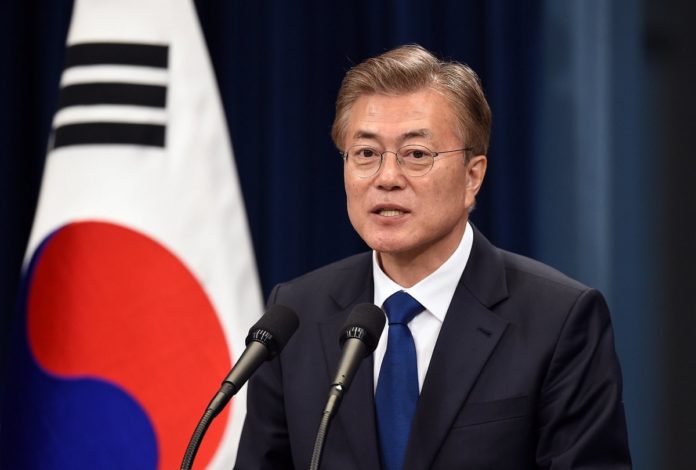As the presidency of Moon Jae-In in South Korea winds down, Moon has pushed hard for an ‘end of war declaration’ (EoW) over the still legally unfinished Korean War. Last week, I argued in this magazine that this declaration is a curious approach. The inter-Korean armistice is pretty stable, and when it is broken, it is North Korea which does the breaking through its frequent border provocations. Also, legally, no one really knows what this declaration would do. A treaty is a well-established tool for ending wars; an EoW declaration is a diplomatic neologism. It is not clear if this declaration is intended to replace the armistice or a potential treaty, or supplement them in some unknown way. Or perhaps it is just symbolism.
If it is just symbolism, then signing it is irrelevant. But if the goal is to actually make Korea safer, then the declaration must actually address the outstanding issues between the two Koreas. Indeed, that is the whole point of a treaty. A treaty represents not just a cessation of hostilities between parties – an armistice – but also terms which both sides accept to end the political differences which motivated the conflict. Treaties are politically easier if one side is definitively defeated on the battlefield, like in World War I and II. The Korean War ended in a stalemate, which is the reason a treaty has been so elusive.
Negotiate the Actual Issues Dividing the Koreas
Unfortunately, an EoW declaration elides all this, making the declaration more rhetorical than substantive. Its advocates claim it advances peace, but that is not the issue on the peninsula. Peace via deterrence is stable in Korea; South Korea would not be the world’s tenth-largest economy if it were fighting an active war for 70 years. President Moon speaks of an “unstable armistice regime” but omits that it is North Korea which causes that instability. North Korea’s long and violent history of provocations is well-known, while the US and South Korea have no record of kinetic retaliation. In fact, if the EoW were to finally stop North Korea from launching cross-border strikes, that would actually be a good reason to sign it. But no one actually believes Pyongyang will commit to that.
As David Maxwell rightly points out in these pages, everyone wants peace in Korea. Only the most extreme, irresponsible observers of Korea supported US President Donald Trump’s war threats in 2017, for example. The real issue preventing a treaty in Korea is not hawkish disdain for ‘peace,’ but the wide gaps – political and military – between the two Koreas. These will be resolved through either negotiated terms, or Southern-led unification after the North’s collapse. Northern-led unification is highly unlikely, of course, but so is North Korea’s collapse. Hence the only likely outcomes are a continuation of the stalemate, or negotiations on those gaps which the EoW does not address. Click here to read full article


